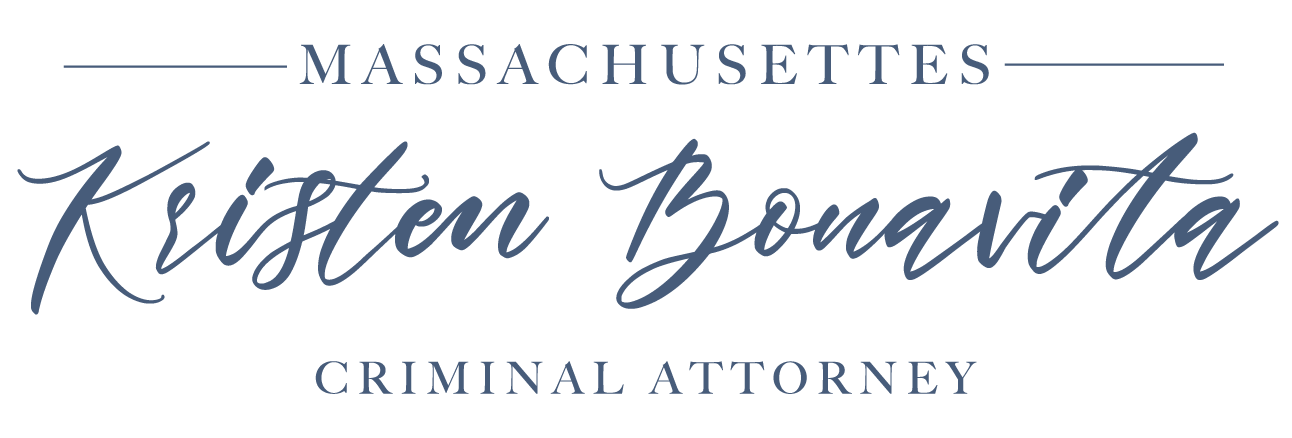Intentionally falsifying, counterfeiting or altering a document in order to defraud or injure another party is considered forgery. Documents of legal significance that are often forged include checks, cashier’s checks, traveler’s checks, deeds, wills, promissory notes and credit cards. Ruled by Massachusetts law CHAPTER 267 a conviction for forgery has a maximum sentence of 10 years in state prison.
Check fraud can take many forms, including:
- Writing, passing and uttering bad checks
- Check kiting
- Counterfeiting or forgery
- Fake check scams
In some cases, check fraud is associated with other crimes such as embezzlement and identity theft. Law enforcement may aggressively prosecute these crimes, seeking the maximum penalties if you are convicted. Under Section 31 the courts may also, upon conviction, order compensation to the prosecutor and to the officer who has secured and kept the evidence of the crime, not exceeding their actual expenses, with a reasonable allowance for their time and trouble.
Criminal Attorney Bonavita is a former assistant district attorney who knows how to negotiate with prosecutors and argue for reduced charges or sentencing. If you were an unwitting participant in a larger scam, she will work to demonstrate that your role was unintentional or minor.
If you are facing charges for Uttering, Counterfeiting, or Forgery in Newburyport, Salem, Boston, Amesbury, Salisbury, Lawrence, Ipswich, or any town in the Essex, Suffolk, or Middlesex counties in Massachusetts, call Criminal Attorney Bonavita immediately at 978-376-6746 or email her with your case information!
